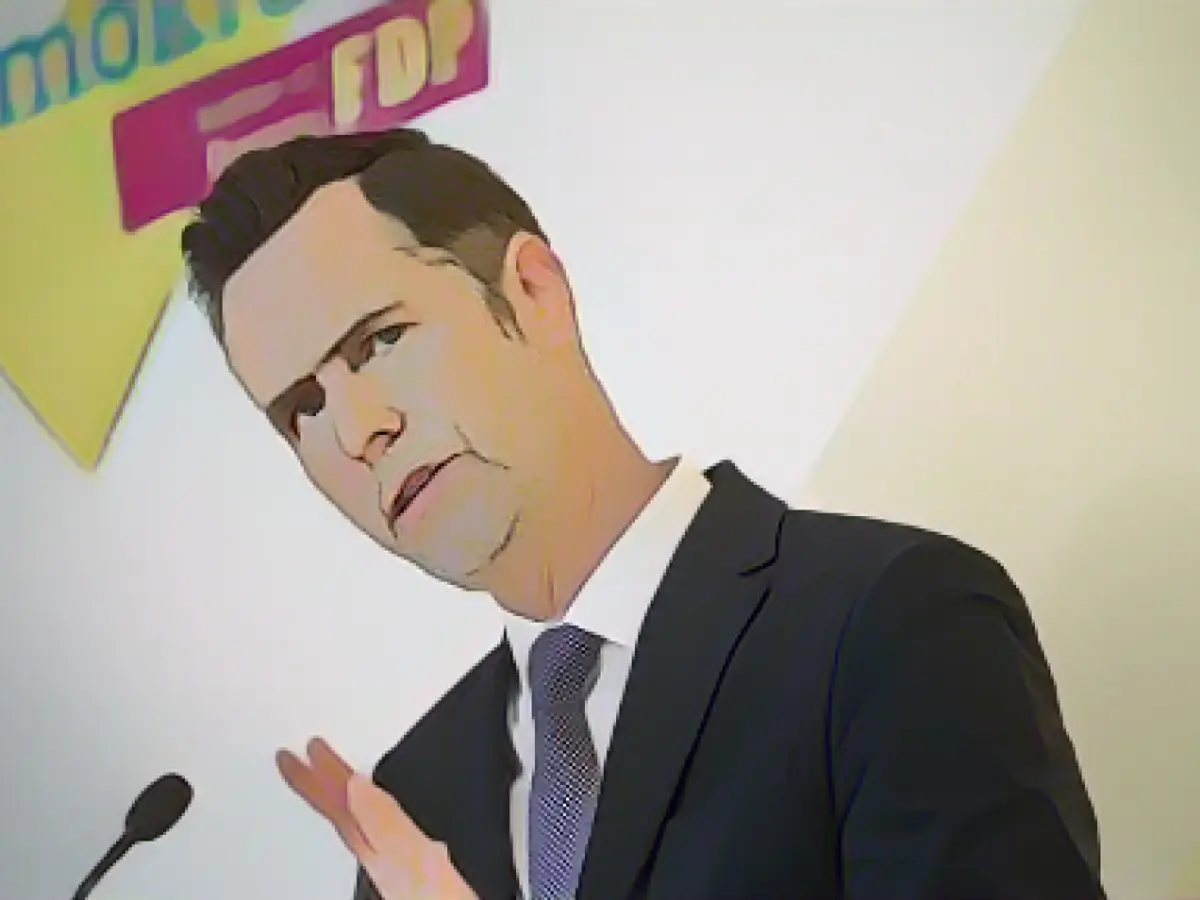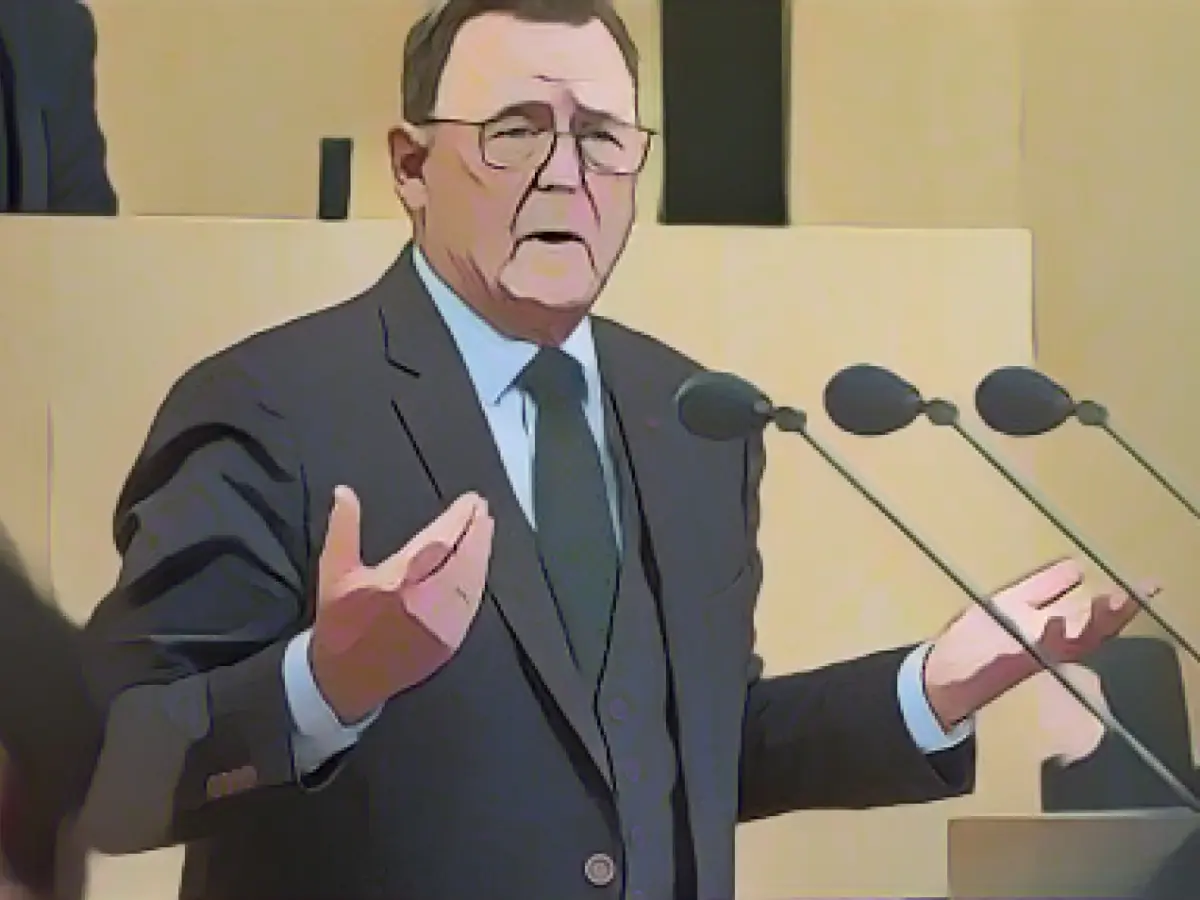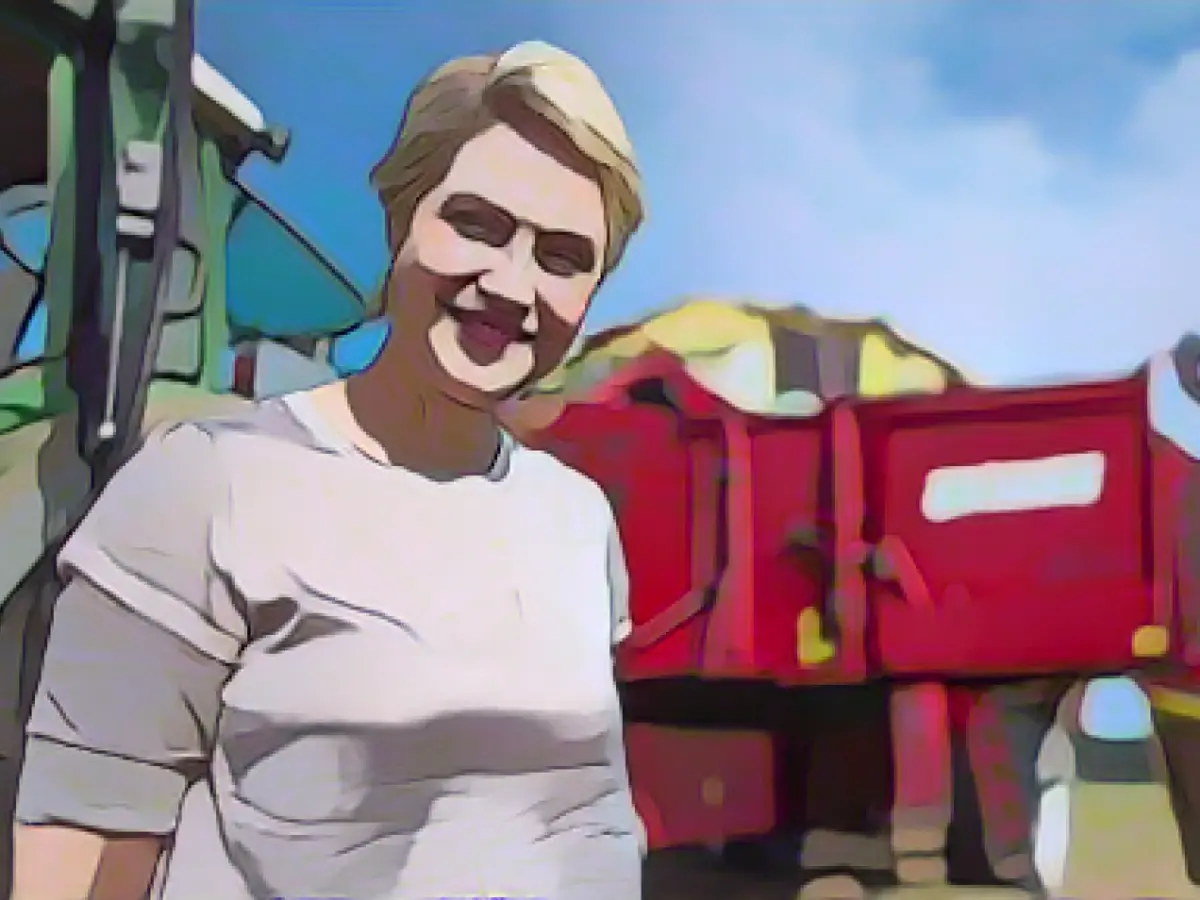Farmer's Unrest: Dürr Stands Firm Against Heavy Farmer Burden
The budget debate between the coalition leaders and the opposition FDP parliamentary group is heating up. FDP leader, Christian Dürr, has declared that the group will veto plans to cut tax breaks for farmers. Dürr believes the heavy burden on agricultural businesses to be unacceptable, and the proposed cuts may jeopardize fair competition in Europe.
Finance Minister, Christian Lindner, has promised to present alternatives if the coalition partners agree on cutting tax breaks for farmers. Dürr clarified his stance, stating, "I am not a friend of the burden on agricultural businesses." Lindner's conciliatory approach has offered a glimmer of hope for farmers.
The German Farmers' Association is organizing a rally in Berlin, under the motto "Too much is too much," to protest against the proposed regulations ending agricultural diesel and vehicle tax exemptions for agriculture and forestry. Cem Özdemir, the Agriculture Minister, is also expected to speak. Despite sharp criticism from all corners, Habeck, vice-chancellor and a Green Party member, defended the "traffic light" plans in the agricultural sector, acknowledging the hardships but emphasizing the need for fiscal discipline.
The FDP's Stand on Farmer's Burdens
Dürr has voiced concerns over the social and economic consequences of abolishing climate-damaging subsidies, and urged consideration for fair competitive conditions in Europe. Merz, CDU leader, has criticized the plans, arguing that on average "every agricultural business will be burdened with 4000 euros in additional taxes per year" as a result of the traffic light plans. The FDP, traditionally pro-business, has maintained its opposition to the proposals.
Protests and Government Concessions
The farmers' protests have been prominent in the media, with tens of thousands taking to the streets in December 2023. The government initially faced significant opposition but eventually offered some concessions, such as maintaining the vehicle tax exemption and gradually phasing out the diesel tax reduction. Nevertheless, the protests have continued, highlighting broader dissatisfaction with agricultural policy.
Political Stances and Climate Targets
Right-wing parties in Germany advocate for the simplification of agricultural regulations, but this stance has been criticized by environmental groups. Merz, the likely next German Chancellor, plans significant tax cuts, but economists warn of potential budget deficit exacerbation. Germany is aiming to reduce greenhouse gas emissions by 65% by 2030, but struggles to meet its EU targets. The phase-out of pesticide regulations has been delayed indefinitely due to opposition.
In this complex political landscape, the ongoing budget debate represents a crucial test for how Germany will balance economic growth with environmental concerns and farmer's livelihoods. The unyielding stance of the FDP has left the government with a tough choice, as Germany strives towards a sustainable future in agriculture.








